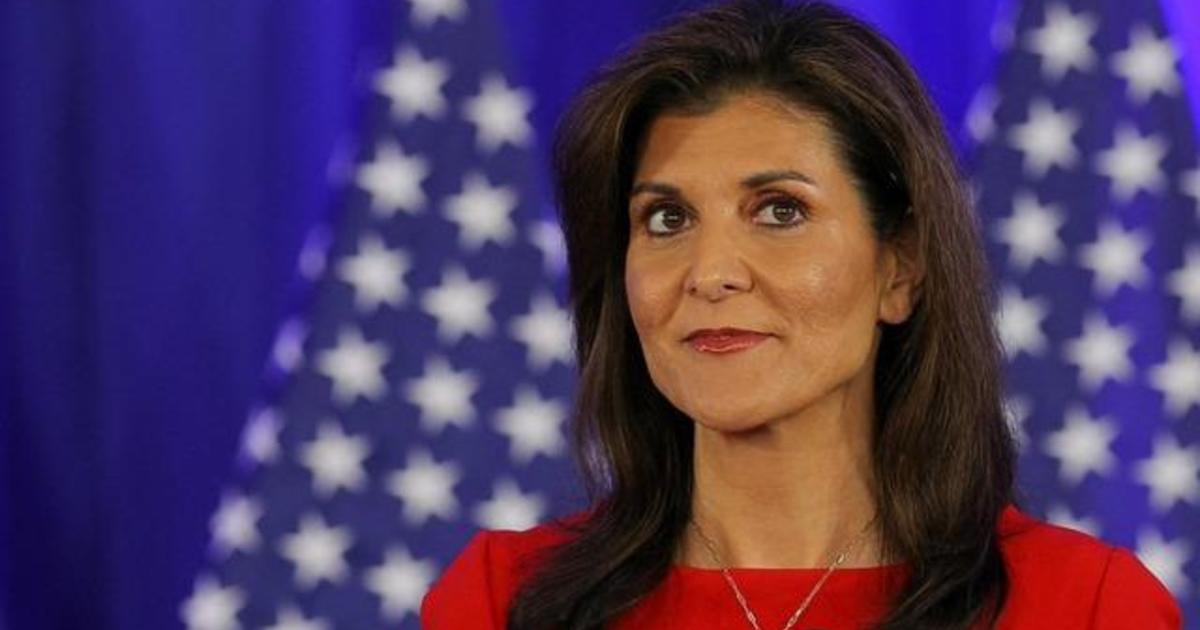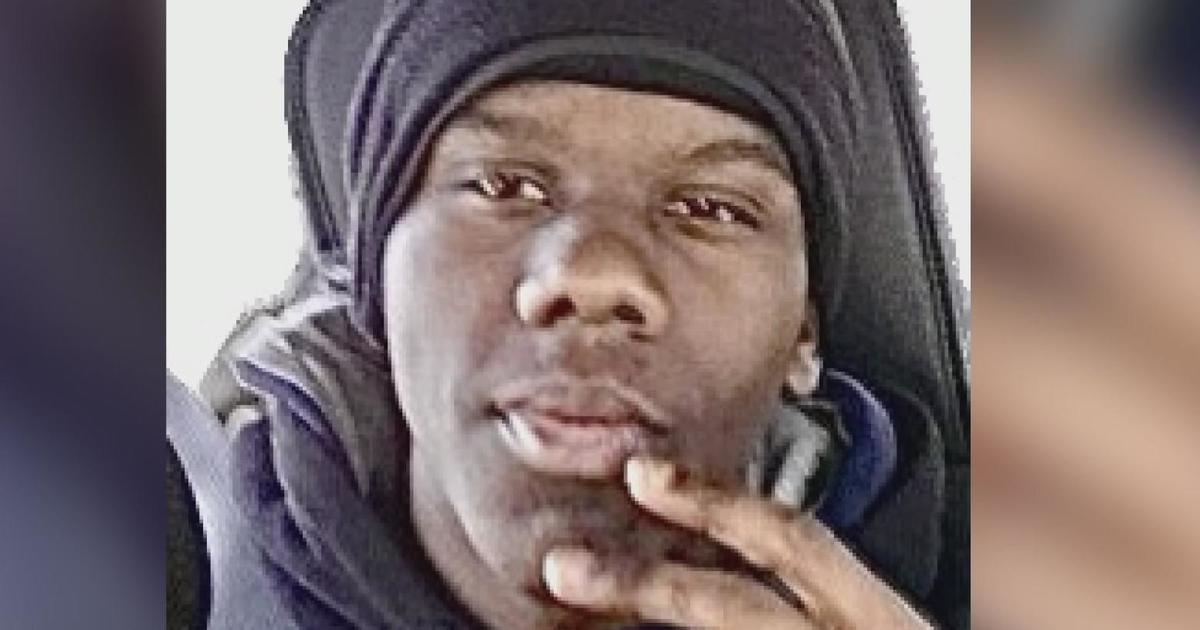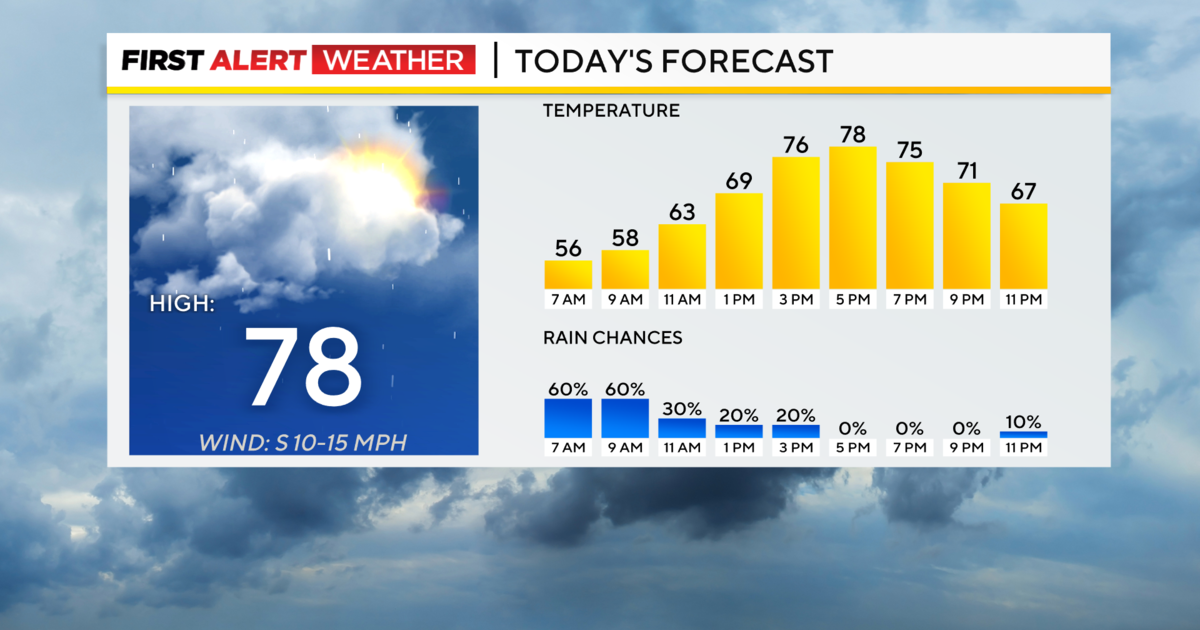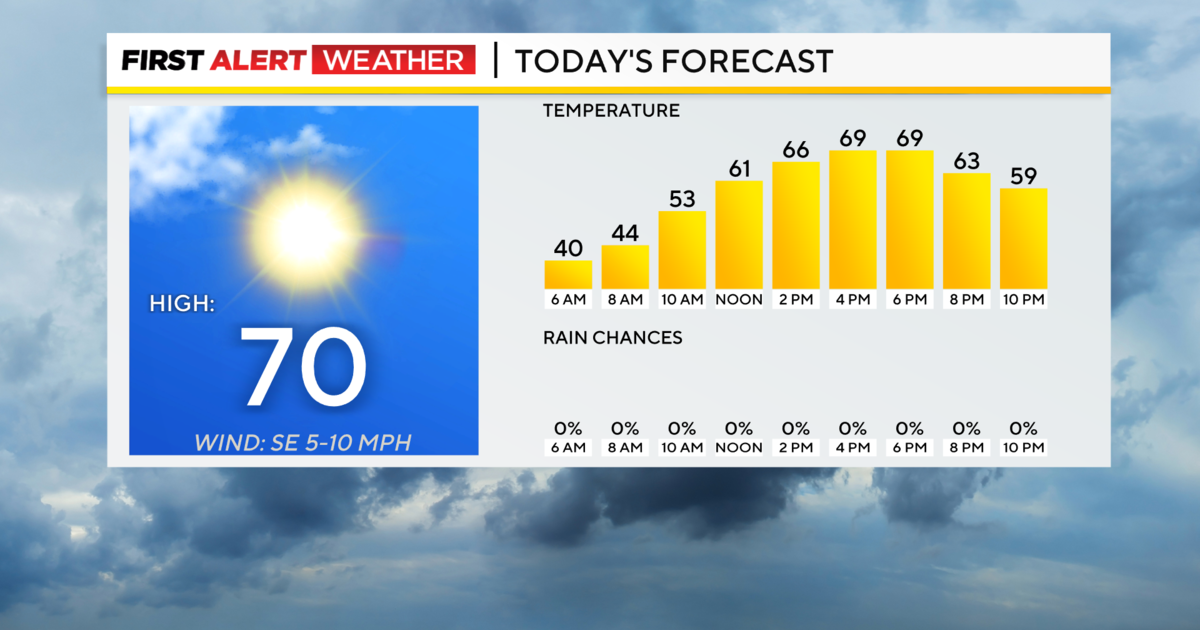House Speaker vote expected to be held Tuesday
The House is expected to vote Tuesday afternoon on a new speaker, and Rep. Jim Jordan, the Republican nominee seemed to be on his way to securing the 217 votes needed to win the speakership, though he may still be slightly short when the House convenes.
He was phoning and meeting with GOP lawmakers after 55 Republicans had opposed him in a secret ballot the conference held Friday, and had won over a number of mainstream GOP holdouts by the end of the day Monday. Those who said he'd changed their minds cited their "productive conversations" with Jordan. Asked Monday evning if he thought he'd reach 217 votes in the first round of voting, Jordan told reporters, "I think so," but if not, "we'll keep voting."
The House has been without a speaker, who is second in line for the presidency, since Oct. 3, when Rep. Kevin McCarthy was ousted in a 216-210 vote, with eight Republicans joining all the Democrats in voting to remove him. It was the first time in history that a sitting speaker had been removed.
Rep. Patrick McHenry was immediately named speaker pro tempore, but the House has been left unable to conduct most business — including holding votes to support Israel or condemn Hamas after last week's attack.
Since McCarthy's ouster, Majority Leader Steve Scalise and Rep. Jim Jordan both threw their hats in the ring to be nominated by Republicans as the next speaker. Scalise won in a 113 to 99 vote among Republicans, but he removed his name from consideration only one day later, saying "there are still some people that have their own agendas."
House Republicans on Friday then nominated the far-right Jordan, who members said had received 124 votes. But Rep. Austin Scott, a seven-term Georgia Republican, launched a last-minute protest candidacy before Friday's meeting and won roughly 80 votes.
It's unclear if Jordan has enough support from the full House. Any candidate needs a majority of the House to become speaker, which in this case is 217 votes, since there are two vacancies. Since Republicans have a slim majority in the House, they can only afford to lose four votes to get to a majority.
Democrats are advising their caucus to vote for Minority Leader Hakeem Jeffries, as they did during the 15 rounds of voting in January before McCarthy was formally elected.
Jeffries told NBC's "Meet the Press" that "there have been informal discussions" between House Democrats and Republicans aiming to work toward creating a bipartisan governing coalition. Jeffries said he believes the conversations should formally start this coming week.
"We have made clear publicly and privately that we are ready, willing and able to enter into a bipartisan governing coalition," he said, adding, "we are ready to be reasonable in finding the common ground necessary."
Rep. Mike Turner, meanwhile, told "Face the Nation" that he would be supporting Jordan for speaker and believed Jordan could get 217 votes on the floor. But, he conceded, if Republicans can't rally behind Jordan or another candidate, then "obviously, there will be a deal" that will "have to be done."
McCarthy was ousted after relying on Democrats to pass a continuing resolution to fund the government through Nov. 17, averting a government shutdown at the last minute.



